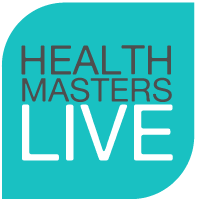Dr Lindsay Adrian BSc, ND, Naturopathic Physician (Integrative Cancer Care and Chronic Conditions) has an undergraduate degree in chemistry and graduated from the Boucher Institute of Naturopathic medicine. After graduation she completed a 1-year general residency followed by many additional years of training in integrative cancer care. She is an active member of the Oncology Association of Naturopathic Physicians, as a member of both the Conference Content Committee and the specialisation committee for the association.
Dr Adrian is a Fellow to the American Board of Naturopathic Oncology (FABNO) as well as a member of the BC Naturopathic Association and the College of Naturopathic Physicians of BC. In addition she works with the Examination Committee, which is responsible for conducting board exams for naturopathic physicians wanting to practice in BC. She believes in life long learning and strives to stay current with research and treatment options available - using both natural and conventional treatments. Lindsay is often heard saying, “we want to use all of the most appropriate treatments available!” and frequently attends conferences and seminars all over the world in this pursuit.
This commitment to learning extends to teaching as well. Dr Adrian is a guest lecturer at the Boucher Institute of Naturopathic Medicine and commonly hosts student preceptors. Every person is unique and rarely do they come with textbook presentation of illness. Dr Adrian strives to provide an individualised treatment protocol that will support whole person healing. Areas of focus include cancer and chronic disease, as well as chronic infections - all areas in which inflammation and the immune system have major roles.
